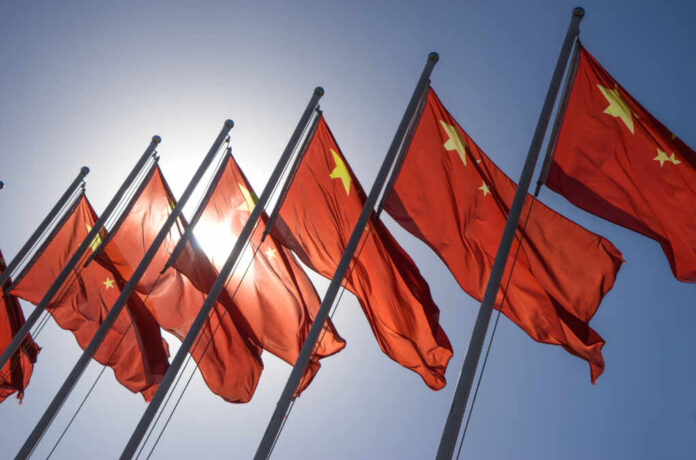
China announced last week that it is banning the export of technology crucial for the extraction and separation of rare earth metals. The move is especially significant internationally, as China is the world’s leading producer of the minerals essential for much of the 21st century’s technological development. The ban symbolizes China’s ongoing effort to dominate the global supply of the limited critical resources needed to develop modern technology.
The U.S. and European Union nations are particularly concerned by the announcement, as they rely heavily on foreign suppliers of rare earths in domestic tech manufacturing.
China will halt the export of a range of rare-earths technologies, adding to emerging competition with the US and other Western nations for global supplies of strategic raw materials https://t.co/DfyfJrJqmY
— Bloomberg Markets (@markets) December 21, 2023
China will now prohibit any domestic refining firms from exporting production technology for rare earth metals, alloys, and magnets. Economists see the ban as part of the communist nation’s broader strategy to gain and maintain control over the global market for critical minerals.
Rare earths comprise a group of 17 metals that are vital for a wide range of modern technologies, including electric vehicles, wind turbines, and almost all electronic devices. They are essential for manufacturing the high-performance magnets needed for EV motors.
For example, Chinese-produced Neodymium and praseodymium are used to create powerful and lightweight neodymium-iron-boron magnets. These magnets are much more efficient than traditional batteries and are necessary to keep the overall weight of EVs at a manageable level for efficient highway use. Without the rare earths refined and produced in China, Western EV manufacturing becomes cost-prohibitive.
The ban does not affect China’s exporting of refined rare earth products. Rather, it targets the technology and input materials needed to produce the refined minerals that can be used for manufacturing tech-based consumer products. The plan intends to permit China to continue to dominate the market for selling refined minerals while preventing other nations from obtaining the materials needed to refine competing products.
China has held sway over the international rare earths market for more than three decades. It has consistently shaped its trade policies to maintain its ever-increasing grip on global supply.
For Western nations, the ban poses a substantial obstacle in their quest to establish independent supply chains for these critical materials. They will now be hard-pressed to rush to develop independent rare earth processing capabilities, and the absence of the banned Chinese supplies will inevitably lead to increased production costs and delays.

































